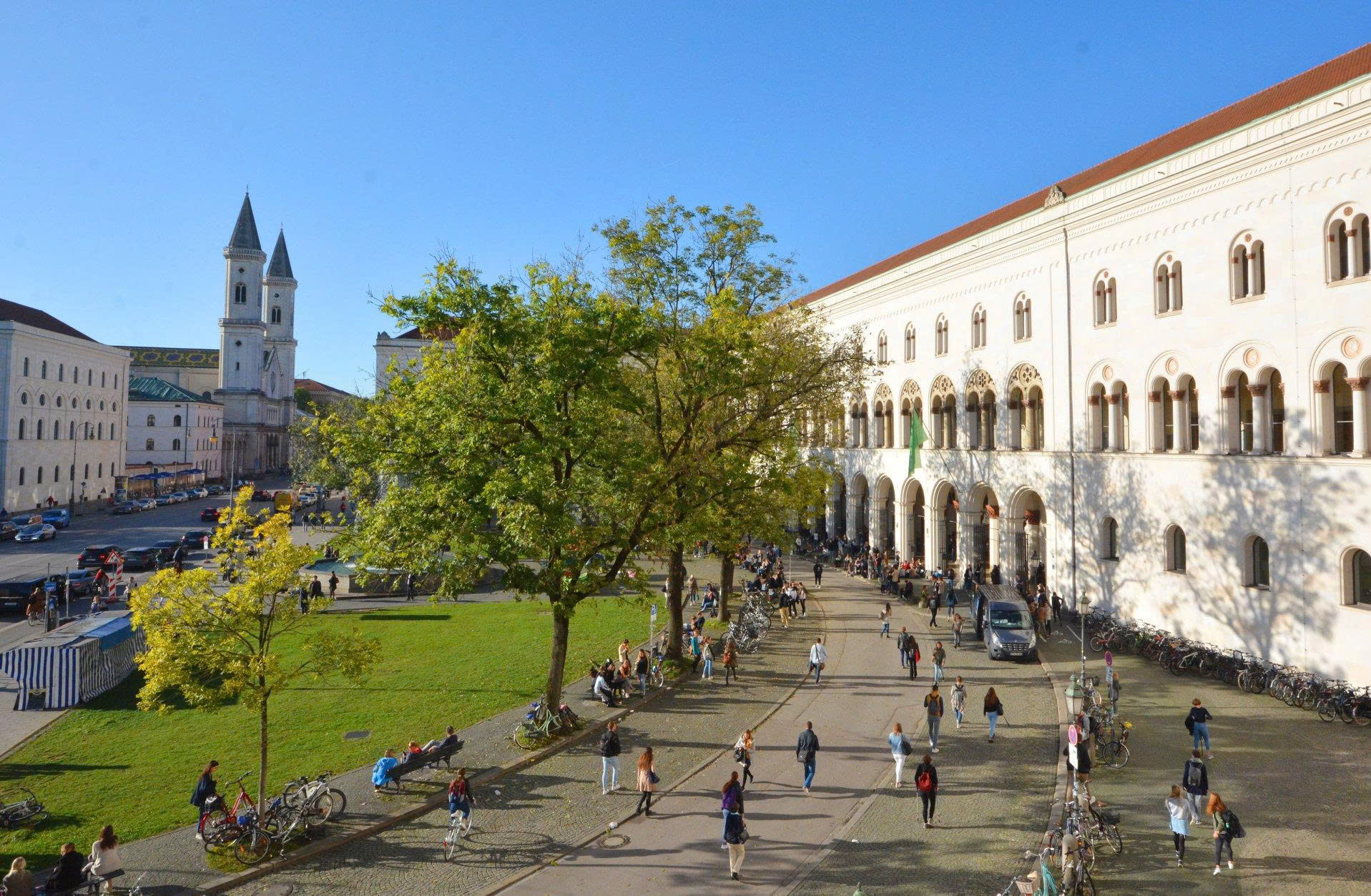The German Academic Exchange Service (DAAD) published the survey results at the end of July. Previous polls by other organizations have yielded similar results.
"This shows that anyone who studies in Germany wants to help shape our country's future," DAAD President Joybrato Mukherjee said.
The retention rate of students 10 years after arriving in Germany is 46%, the highest globally, according to the Organisation for Economic Co-operation and Development (OECD). One reason is that Europe's largest economy is experiencing a severe labor shortage due to an aging population. The German Economic Institute estimates the country could face a shortage of approximately 768,000 skilled workers by 2028.
In March, the DAAD reported that if 40% of international students stayed to work after graduation, within three years, their tax revenue and contributions would offset the education costs Germany invested in them. If the retention rate remains stable, this group will contribute 15.5 billion EUR (approximately 16.8 billion USD) to the German economy annually.
Tuition fees at Germany's top 10 universities
 |
Ludwig Maximilian University of Munich campus. Photo: Ludwig Maximilian München Fanpage |
Ludwig Maximilian University of Munich campus. Photo: Ludwig Maximilian München Fanpage
Those surveyed cited three main reasons for choosing to study in Germany: reasonable costs, attractive career prospects, and diverse English-language programs. They expressed a desire for additional support through career counseling services, language courses, and connections with businesses.
According to Shettima Ali, co-founder of xTID (a startup that verifies the credentials of international applicants), the major challenge for international students is the language. Administrative procedures, such as company registration, applying for business visas, and understanding tax laws, are also complex and involve numerous documents. Ali had to rely on translation apps, support from startup centers, and legal counsel to navigate these issues.
"If we want international students to become the skilled workers of the future, we need to better prepare them for entering the labor market," Mukherjee emphasized.
Germany is currently implementing several support measures. Through the "International Expert Initiative" at universities, the DAAD has helped over 100 institutions expand their career counseling, coaching, internship, and language training programs for international students. The government-funded program has a total budget of approximately 120 million EUR until 2028.
Germany has seen steady growth in the number of international students in recent years. According to Study in Germany, the number of international students has increased by 55.7% in a decade, since the 2013-2014 academic year. The total number of international students now exceeds 400,000.
The most popular fields of study for international students are engineering (over 31%), followed by law, economics, and social sciences. Most universities waive tuition fees, charging only an administrative fee of 150-250 EUR (175-300 USD) per year. The average cost of living is around 930 EUR/month (1,000 USD), lower than in the UK or the US (1,250-1,500 USD).
Huyen Trang (The Pie News, DAAD)












